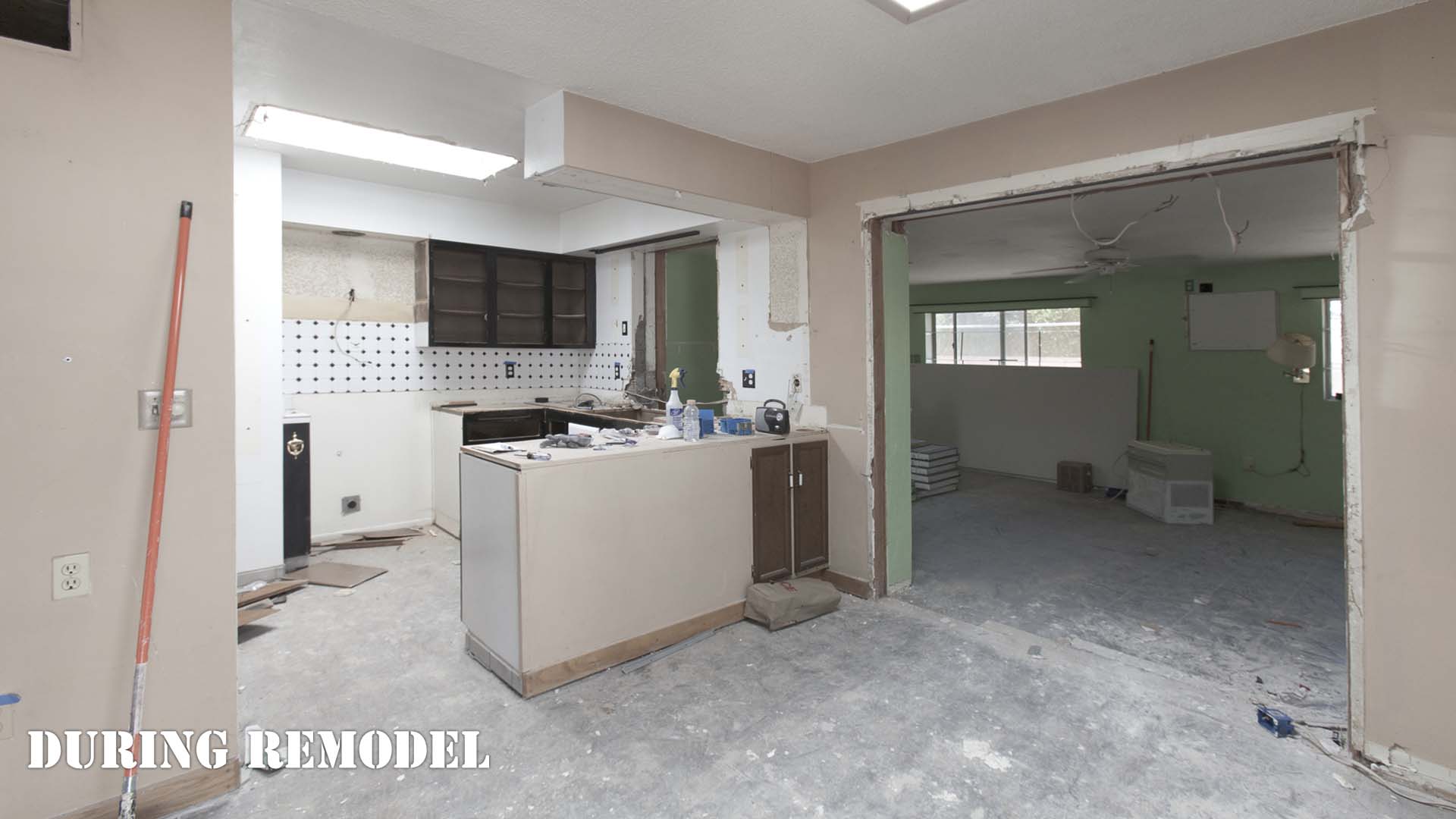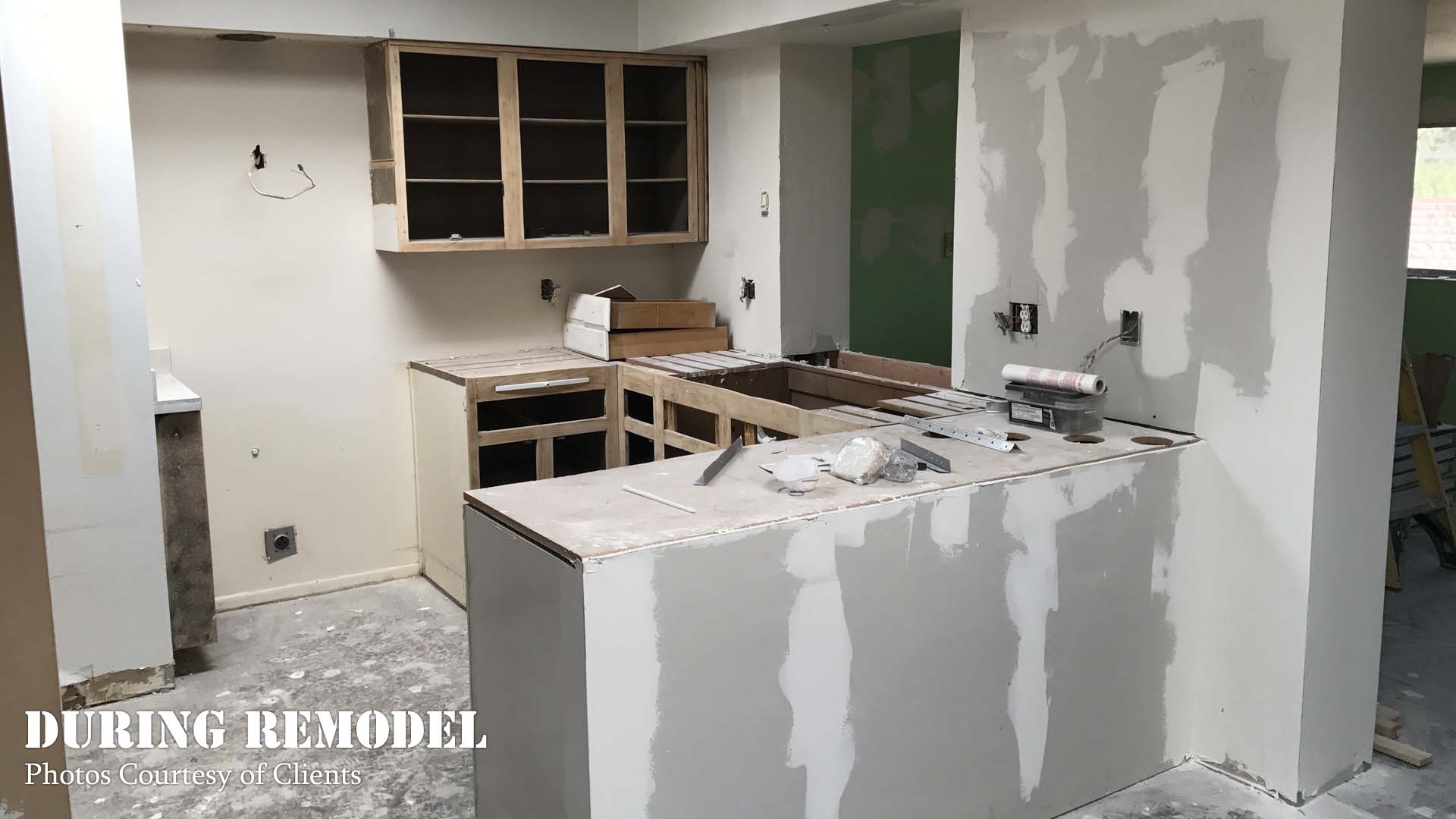
So you’re wanting to purchase a foreclosure. That’s a great idea, however, you’re confused in more way than one. First, it’s not a foreclosure. Let me explain.
People commonly refer to bank owned properties as foreclosures. Foreclosure is a process by which banks repossessed properties from owners who don’t make good on their promise to repay the debt. My guess is what you really mean is you would like to buy a bank owned property, aka repossessed property.
There are some great deals to be had here, based on your market conditions. But you must be doubly cautious of your purchase. The bank will get you to sign away many protections you’d otherwise have purchasing a property. For that we ALWAYS recommend interviewing and hiring a good agent to represent you.
Be extremely cautious of the listing agent. They are paid to protect the seller’s best interests. That is get the seller the most money and it’s perfectly legal for them to withhold information an agent would otherwise share so that they can get the seller more money. Be especially cautious as the listing agent has no obligation to uphold your confidentiality. If you told them this was your favorite home on the market and you’d offer list price or more to get it… Then that agent is REQUIRED to share that info with the seller, even if there’s not another soul looking to buy that home.
Bank properties are of the riskiest transaction to complete. It would be on a bank owned property if ever you’d lose earnest money (also known as good faith deposit). It is very difficult to get earnest money back regardless if you were the offending party. Each bank has different contracts. These contracts must be read and reviewed very carefully with a highly accountable agent willing to invest the time in you to make sure you’re aware of the intricacies of your purchase.
You will need to do additional research on the property prior to even getting your offer accepted.

Above is a bank owned property my clients purchased. It was a repossessed Reverse Mortgage subject to HUD Guidelines 24 CRF 206.125. Very few agents are professionals are familiar with this process and they’re not advertised using traditional methods. This presented an incredible opportunity to my clients. We will see more of these repossessed reverse mortgages on the market as our population ages.
Researching a Bank Owned Property
Previewing the home be doubly attentive when previewing these homes. Try and catch any defects that may otherwise effect your decision and or ability to purchase the home. Broken or missing AC units, leaky plumbing, termite issues, etc. Additionally does property meet your needs, can your truck fit in the garage, can you dining set fit in the dining room. You’ll be unable to object to anything other than mechanical defects (if able to object to anything) during the contract period.
Utilities are on? check which utilities if any are on. Water, sewer, gas, electric, etc. You are likely liable to get these turned on if they are not on when you preview the home. Getting them turned on will be at your expense. Additionally, if they have been off for an extended period of time you may need to get a certificate of occupancy to have them turned on from the municipality. That takes time, time that you may or may not have in the contract and you will want utilities on to inspect the property.
Local Codes & Safety Concerns there are certain things that are no bueno with lenders and city inspectors. These items will put a halt on your purchase. Many of these are quite obvious to point out. Exposed electrical wires, missing smoke detectors, broken glass, etc. Keep a special close eye open for these items. They are opportunities. These homes often fall out of contract for items as simple as missing switch plate covers. Years ago my clients got one such property. It was missing a handful of plate covers, and smoke detectors. Seller said to make no repairs, but I (ahem) snuck in and put the covers on for my clients and stickied a few smoke detectors up. They got the house, despite 3 other buyers could not due to these missing items. All was done for about $10 worth of well, unapproved repairs. Technically you’re breaking the contract doing this and it is a small risk but a small one that can score you a great deal with thousands off what you’d pay for another home.
Homeowner Association Covenants Conditions & Restrictions: there’s a strong chance you’ll never see these from the HOA once under contract. These documents explain how you can and more importantly cannot use the property. There are additional documents such as Deed Restrictions and Zoning requirements you will want to review on your own. At the latest you’ll want to see these documents IMMEDIATELY after going to contract.
Don’t assume list price is a good price: bank owned properties can get a lot of interest. Traditionally they are believed to be among the best deals on the market. That is not necessarily the case. The only real difference between them and traditional resale is the entity selling the property is a business / bank and they use their own contracts. Historically the banks knew very little of selling homes but after the market collapse they got pretty darn good as they had to sell lots of homes. Now it’s not uncommon to see a bank owned property sell for similar price or even more than traditional resale. Long story short, get a competitive market analysis from your agent prior to making an offer.

Having a vision is key to purchasings a bank owned property or otherwise. You need to see through the visual defects a property may have to get the best a deal market has to offer. This is the same kitchen after the home was remodeled.
Getting your offer accepted
Hire your agent agents are paid via a seller co-op fee. This fee is the price a seller pays for any home being advertised on the market. That fee is paid to a buyer agent of your choosing and taken from the purchase price (not in addition to what you offer). Otherwise the fee is paid the seller’s agent if you choose to purchase directly from the listing company. Now, that listing company DOES NOT represent you. They represent the seller and cannot offer you any advices on how naviate the sale so you’re on your own if you write with the listing agent. However, regardless who you work with you want to make sure you’re NOT another customer and you’re a client. Clients are entitled to advice, confidentiality, and protections under the law. The distinguishing factor is a signed agreement for hire. This agreement typically incurs no fee other than the standard market co-op as paid regardless. It can be prudent though to write the buyers agent is to receive 3% or co-op whichever is larger – to ensure your agent is paid market rate commission. Why? Some banks pay extremely small co-op fees. Then agents don’t show those listings. Therein lies huge opportunity. There’s very little competition on low paying (agent pay) listings. Paying your agent a few hundred or even couple thousand dollars could result in you getting home for many thousands more under market value. Regardless co-op fees are not publicly advertised, but you may want to ask what rate the agent gets.
When to make your offer bank owned properties collect a LOT of interest. Especially after they go to the market. Banks are aggressive when it comes to moving inventory. Traditionally I’ve seen them price lower so that they could get multiple offers after hitting the market. Lesson in point, the best foreclosures are the ones that have sat on market for at least a couple weeks. The bank may pull the home off the market if it has sat for 6 months or longer without selling. They sometimes repair the property and put it back on the market at this point for a higher price.
Asking for seller to pay your closing costs this is typically a bad idea. Don’t ask banks pay fees on your behalf out of the purchase price as a rule of them. Banks want simple and straightforward offers. They will likely counter your offer or worse reject it for another if you ask for them to pay for your lender closing costs. However, this really depends on the bank. You need to ask your agent. Additionally, seller requested expenses such as transfer fees, home warranties, etc are best paid for on your part. Take those additional expenses into consideration when you arrive at your purchase price. Your agent should provide you a cost worksheet so you can make an informed decision as to these additional expenses on your part.
Which escrow / title company to use banks will strongly encourage you use their escrow and title companies. This is a area of contention because these companies are typically overwhelmed, make MANY mistakes, and offer very little assistance. There can be no recourse other than canceling the transaction and losing your earnest money if they make a mistake even if you and even if the mistake is blatantly obvious. It’s quite common to see errors in title reports and or settlement statements (what you owe to close transaction) or worse yet never get sufficient information to see there is an error. We even had a client buy a foreclosure to flip it. Then find out when he went to sell it the bank never held title to the property in first place. I could write a laundry list of issues here… Simply keep in mind it may be a good idea to use your own title company even if the bank makes you pay for it.
How much money to offer your offer should typically be no less than 90% of list price. If you are asking the seller pay for loan closing costs then this must be factored into that 90% as well. Now if it’s a hot market, meaning homes are selling quickly, then this 90% maybe much higher. Ask your agent what the current list to sold price ratio is. Banks are likely using this same ratio to arrive at what they may or may not accept. Now if there is a multiple offer situation you may be sunk. However, you can use something known as an escalation clause stating you will more than the next highest but only up to a certain amount. Of course, always request you see the next highest offer upon acceptance of yours as a condition of using the escalation clause.
How quickly can you close you will request 45 days to close out the purchase if you are using a loan. If you are using cash request 30. Chances are good the bank will counter you with a shorter closing date if you are using a loan. Don’t fall for that. Loans often take 45 days to close, you’d only end up having to ask for a extension for which most bank contracts make you pay a per diem rate of as much as $150 per day. Otherwise, order your appraisal immediately after getting to contract if bank refuses to give you more than 30 days to close out your loan. This can shave a week off the transaction but will risk you pay for an appraisal even if you ultimately decide to back out of the purchase.
Using a loan ALWAYS have all your loan application fully completed PRIOR to submitting your offer. Time is of the essence when purchasing especially on a bank owned property. Additionally, a fully vetted loan pre qualification letter looks better than another buyer who may not have completed all the work on their loan application. Check with your agent to ensure your lender has done all the homework, that is reviewed all your financial statements in addition to your credit report. Also use a local loan broker and NOT an national bank. This allows faster turn times, typically a better experience as traditionally better loan terms (lower payment).
Using Cash if you are using cash get a proof of funds before the offer is ever written. Make sure this proof of funds only discloses sufficient funds to cover the purchase (possibly a few thousand more for miscellaneous transaction fees). The easiest way to do this is to contact your banker. Have him write you a letter where the seller can call into verify sufficient funds.

Same bank owned property after buyer remodeled it. Sweat equity is one of the best things you can invest in your financial well being. A little work goes a long ways in Real Estate. These improvements net the client tens of thousands of dollars in a few short months. All from a otherwise neglected bank owned property.
Advanced Techniques
Be warned use these tips are not advised. Banks have communicated their desire for our buyers to do these things in the past. They waive your contingencies basically your protections in the contract and opportunity to get back earnest money.
Waiving inspections banks LOVE it when buyers waive the inspections. Time permitting this can be a fantastic way to get your offer accepted and sometimes for less than market value or even less than other buyers are currently offering. However, ALWAYS do your diligence regardless. Have the home inspected prior to ever making your offer. Then once you are confident in it make the offer. This risks you losing it in the meantime as likely the home will be on the market while your doing your diligence.
Offer cash they always say cash is king. That’s not necessarily the case, as all sellers get cash at the end of the day regardless if you or the bank is funding the transaction. What is better about cash is there’s no loan contingency, and the home doesn’t have to appraise at value. Lenders love that. Now if you are paying with a loan, and have a lot of cash you can possibly waive the financing contingency and get similar leverage in negotiations.
Quick Close this really is only possible with cash. But if you’re willing and able to close out in two weeks or sooner do it. It puts a lot of stress on your diligence but hopefully per previously suggested you’ve promptly completed or done prior to even submitting your offer.
Large Earnest Money Deposit I never suggest this. However, am putting it here as I know banks love to see large earnest money deposits. However, it’s certainly with a bank if you are ever at risk for losing your earnest money. They may take it even if you are not at fault simply because escrow (the closing agent) is the first to mediate who gets earnest money. And if you went with the seller chosen escrow then you’re likely not going to see as they are extremely difficult to work with.
Use seller’s escrow / closing agent they also typically offer discounts for doing this. However, this is one area I encourage my clients to pay a little extra and use their own. However, that aside, the seller will favor offers with their escrow company. Simply because they have a history of working with them and their process goes a little quicker when they work within those companies.
Write offer on holiday this is an old trick I used to use. Keep an eye open for bank owned properties. Don’t ever filter them out of your search. Write an offer immediately if a property hits the market on a holiday. Years ago my client got an AWESOME deal on one. We wrote and submitted the offer on Christmas day. No matter the market, there will be fewer buyers shopping on major holidays. Although you may need to do something a little extra for your agent here, she also paid me $295 to work on the holiday for which she got thousands off market value for the home.
Lets get started on your purchase
Foreclosures are a fantastic opportunity. You need to include them in the search for your next home but don’t make them the end all be all. Sometimes resale or even new construction is a better overall value and possibly even less expensive.
Let’s get this conversations started. Drop me a line below with any bank owned properties you are interested in and questions you have.